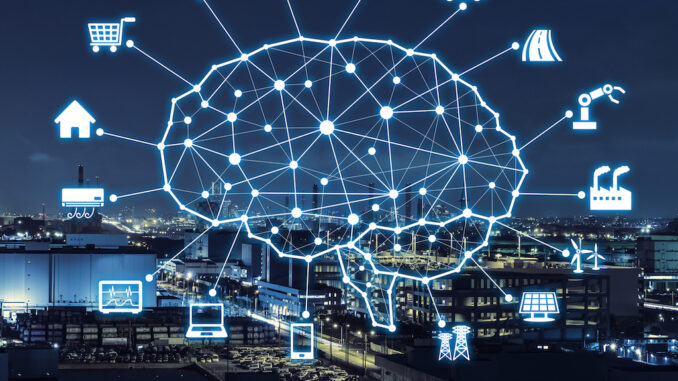
Artificial Intelligence, broadly defined, involves the replication of human intelligence and decision-making patterns by machines. Exploring this frontier has been an exciting field of human endeavour. However, it did not gain traction until the evolution of the Neural Networks paradigm, enabling the training of network architecture. This allowed the network to learn, gain perception, and reproduce the same quality of decision-making as an expert.
In the late 90s, while working on Neural Networks development in the System Engineering Department of the University of Lagos, our focus on AI solutions was strictly for quality and safety assurance, falling under the purview of the sub-study of Reliability and Availability Engineering.
Fast forward two decades, the leap from AI to AGI is a significant achievement as its potential has been realised in unprecedented ways. However, AI, originally purposed for quality and safety assurance, is now perceived as potentially perilous to human progress if left uncontrolled and unregulated. Some even fear that AGI could be a precursor to the demise of humanity.
Aside from the fear of digital abolition, a critical sector facing the threat of AI is machine-interfaced communication between humans. AI’s capability to learn individual voices and tones to a high tolerance level, even enabling pictures to produce voice, creates a significant trust gap in the commercial telecommunication spectrum. Financial institutions will need to reconsider personal data handling, especially in KYC activities. Telephoning may become unreliable for social interaction and transaction consummation, with personality cloning providing opportunities for fraudsters.
The misuse of AI poses a danger that could set civilisation back by over 100 years. Beyond the financial sector, other areas, including commerce, intellectual properties, crime, and the military-industrial complex, face risks. The fear of AI being incorporated into lethal weapons is real, with AI-controlled drones making autonomous decisions about whether to kill human targets or destroy objects of interest now a reality.
Nigeria cannot afford to lag in regulating and controlling the AI frontier. While the government may not be aggressive in development, there is a plethora of expertise at the private level that can match ongoing efforts in the developed world. While enthusiasm prevails, vigilance is imperative, as highlighted by recent bilateral agreements between the USA and China.
The threat of unregulated and uncontrolled AI to humanity is immense, leading many developed countries to implement regulations. For instance, in the USA, Executive Order 14110 of October 30, 2023, focuses on the safe, secure, and trustworthy development and use of artificial intelligence.
Nigeria should recognise the threat of AGI and avoid complete digital abolition by implementing regulations covering algorithmic bias, preserving privacy, culture, science, music, literature, and ensuring the safety of AI models. This could include the establishment of a registry for all AI models with central control modules under the direct oversight of a designated agency. The bottom line is that we must prepare for Artificial General Intelligence (AGI), ensuring that our nation doesn’t become an experimental ground when machines match and possibly exceed human capabilities.
It is worth noting that AI offers numerous advantages, with the potential for significant start-ups in this field. However, we must also be prepared for the fact that lifestyle, work environments, and transaction facilitation models will be redefined. In the agriculture sector (food security), solar-powered Robot-farmers could plow, plant, irrigate, harvest, and use farm tools. Robots will become more interactive for household deployments, autonomous car expeditions, provision of security personnel, and care-giving.
At this point, it’s crucial for the government to establish a legal framework and control mechanisms to harness AI’s potential in Nigeria. Championing healthy regulation is key to maximising the benefits of this emerging frontier while mitigating potential risks. This proactive approach will not only benefit our economy but also position Nigeria as a leader in AI with responsible and controlled usage.
•Bakre is managing partner, Homo Economicus. @latundebakre.
END

Be the first to comment